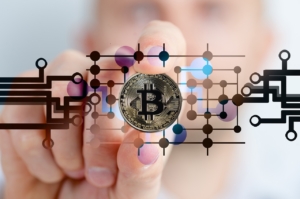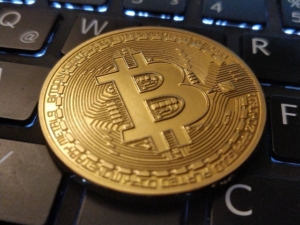Protecting Yourself from Cyber Extortion
You might not think that you could ever be a victim of cybercrimes, but you would be incorrect. You are just as much of a possible victim than anyone else, and you have to know how to protect yourself.
 One of the easiest ways that hackers can get victims is to trick people into clicking links in emails or opening attachments. Something as simple as this can easily lead to viruses and other security issues, like ransomware, and no one is ready to deal with this.
One of the easiest ways that hackers can get victims is to trick people into clicking links in emails or opening attachments. Something as simple as this can easily lead to viruses and other security issues, like ransomware, and no one is ready to deal with this.
Cyber extortion is on the rise, and it involves infecting a computer with ransomware, which means the victim will not be able to access their files unless they pay money via bitcoin to the attacker. This software is installed when the victims click on links in emails.
Many of these emails ask for information that is sensitive. If you get one of these emails, you should have alarm sounding off. If you don’t, you could, blindly, give the hacker information about you, such as your passwords, account numbers, or worse.
Extortion Prevention
Here are some things that you can do to prevent yourself from cyber extortion:
- Install a password manager software
- Don’t use the following in your passwords: words or names that are obviously yours, any keyword sequence (ZXCVB), any password under eight characters, or anything easy to guess.
- Make sure every account has a unique password.
- If an account offers it, enable two-factor authentication. Each time you try to log in, you cannot gain access to the account unless you insert a one time code, which is delivered to your phone via text. If someone contacts you and asks for a code like this, you should hear alarm bells in your head.
- Create passwords with a mix of letters, symbols, and numbers. Randomly choose these like a toddler would if they were typing and add them to your password manager.
- Don’t ever click on any link that comes to you via email unless you confirm its legitimacy with the sender. A single click might download a virus, or you might be directed to a site that can lure you into typing your username, password, and other information. A red flag that you might be at risk of doing this is if you get an email that says, “Your Account Was Suspended.”
- Often, these emails seem like they come from a source you trust like PayPal, a bank, the IRS, or your employer.
- You also might see a sense of urgency in these emails, such as “Act within 24 hours” or “You must…”
- Don’t open any attachments including those from a person or company that claims they want to offer you a job.
- Do not post any sensitive personal information on your social media accounts. Hackers can use this information to figure out login information.
- Have a business email account and a personal one.
- Don’t connect to public Wi-Fi and do anything like shopping or banking. If you don’t have a choice, you can browse by using a VPN, virtual private network.
Some of this might sound like a pain, or even inconvenient, but believe it or not, you are a target for hackers, and they are just waiting for you to take the bait.
Written by Robert Siciliano, CEO of Credit Parent, Head of Training & Security Awareness Expert at Protect Now, #1 Best Selling Amazon author, Media Personality & Architect of CSI Protection Certification.

 Bitcoin Private Security Keys:
Bitcoin Private Security Keys:  Fake Bitcoin Exchanges
Fake Bitcoin Exchanges























